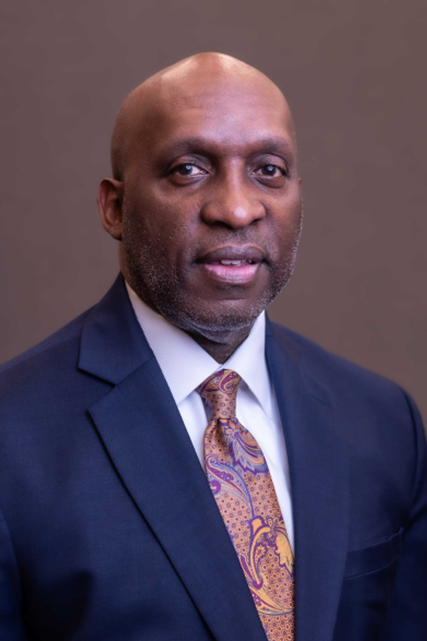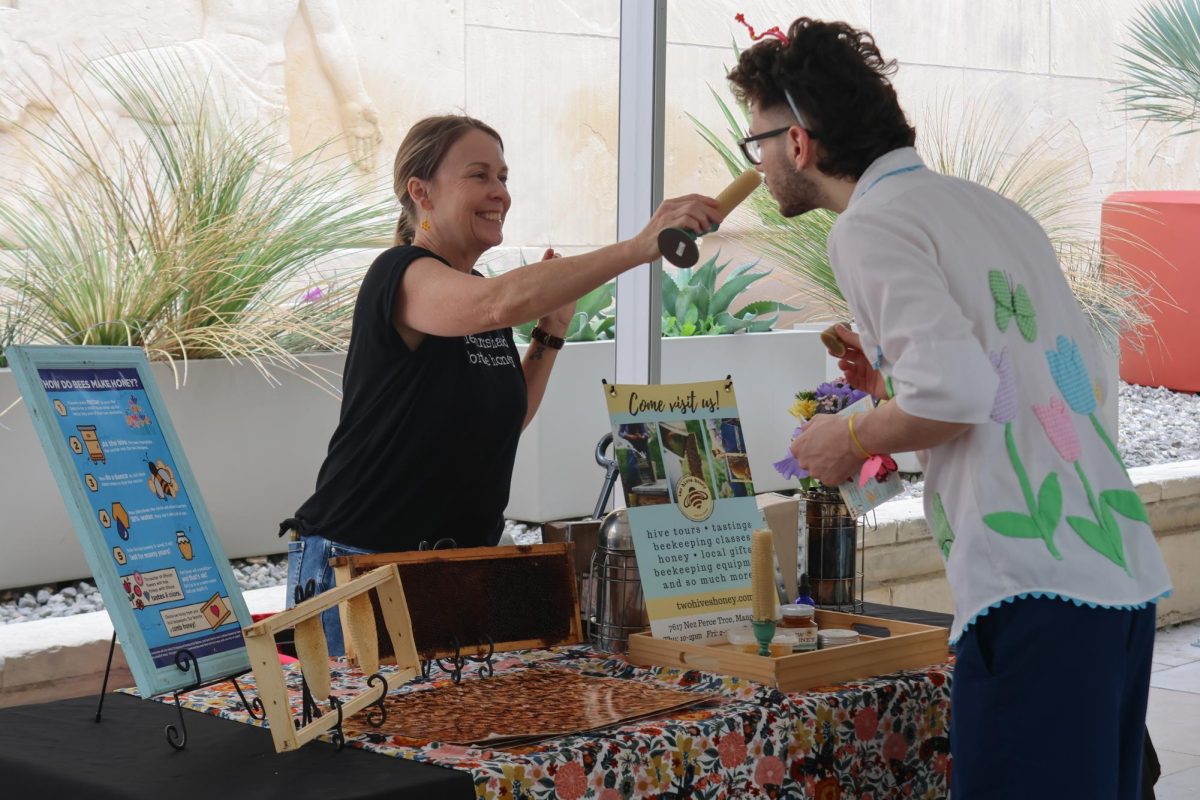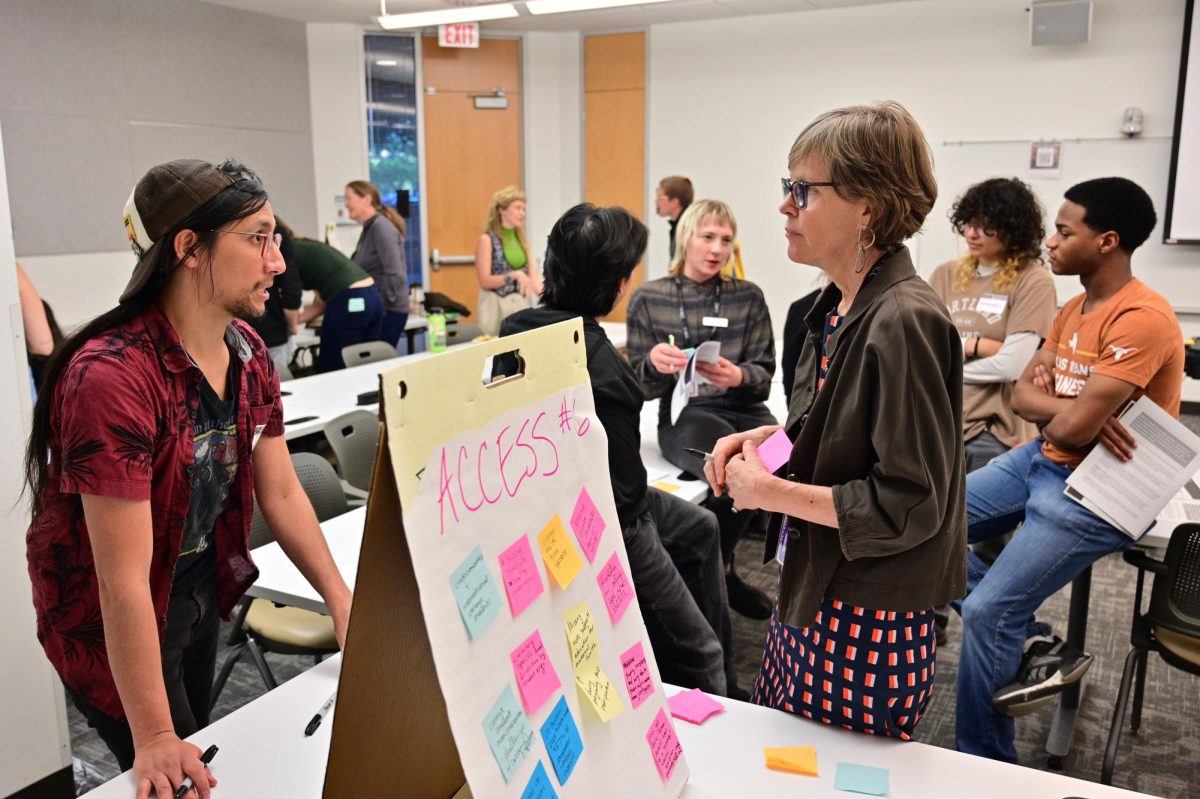The first of eight Austin mayoral runoff debates grew heated as the candidates discussed property taxes Wednesday at the Time Warner Cable News studio.
On Election Day, Steve Adler and Mike Martinez led the eight-person race in the general election with 37 and 31 percent of the vote, respectively. With neither receiving more than 50 percent of the vote, the two will face each other again in a Dec. 16 runoff election.
Adler defended his 20-percent homestead exemption plan, and he said Dallas and Fort Worth have successfully used a similar policy.
“We’re losing people and communities,” Adler said. “People can’t afford to live here because they can’t pay the property tax. The property tax is a regressive tax, and the burden on lower-income families is four times greater than property taxes on the top 1 percent.”
The 20-percent homestead exemption Adler supports would bring down a property’s value and, therefore, reduce property taxes. He argued that the lower-income citizens of Austin would benefit more, but Martinez disagreed.
“The reality of the 20-percent homestead exemption is that it benefits the wealthy the most,” Martinez said. “Here’s the other component — it costs $30 million in the general fund. We either have to raise taxes or find another source to cover the costs of that. I believe it should be a flat rate exemption.”
Martinez added that with a 20-percent homestead exemption, the average renter’s cost would rise by $80 a year. Adler said that was false.
“If you were to change the rate and phase it in over four years, the renter would go up $1.50 a month,” Adler said. “Not every tool helps everyone. A property tax helps homeowners.”
Adler reiterated points he made throughout his initial campaign about solving Austin’s traffic congestion problems, suggesting staggered work hours and predicting that Austin would one day have a midtown area.
“We have a list of all the infrastructure projects we’d like to do road-wise,” Adler said. “If we did all 856 projects on the wish list — and we can’t because it costs $30 billion — at the end of the time, drive time from Round Rock to Austin would be three hours.”
Adler agreed with Martinez that improving public transportation is crucial to alleviating Austin’s traffic problems but said it is not the only solution Austin needs.
“If there were good plans that existed, we should have been seeing them over the last eight years,” Adler said. “We have to do better with transit. We have to move forward with an integrated plan, and people do not have a feel in this city for what that plan is, and they should.”
Martinez said an integrated transportation plan already exists under Project Connect, a partnership between Capital Metro, the Austin Transportation Department and other local transportation and planning entities. Project Connect’s goal is to make Austin better connected through high-capacity transit.
“It’s a 50-year vision,” Martinez said. “I spend countless hours and so do many citizens giving us input. It’s one of our highest priorities.”
Martinez also said the Council is about to approve a rewriting of Austin’s land development code, and that will help increase housing stock.
“Our community has embraced things like an affordable housing bond, but we cannot bond enough funds to build the number of units we need,” Martinez said. “We need help from the private sector. This is on our agenda tomorrow — you have projects that come forward, one specifically that wants to move into South Congress, and they’re asking for a little more density, so they can provide more affordability.”




















